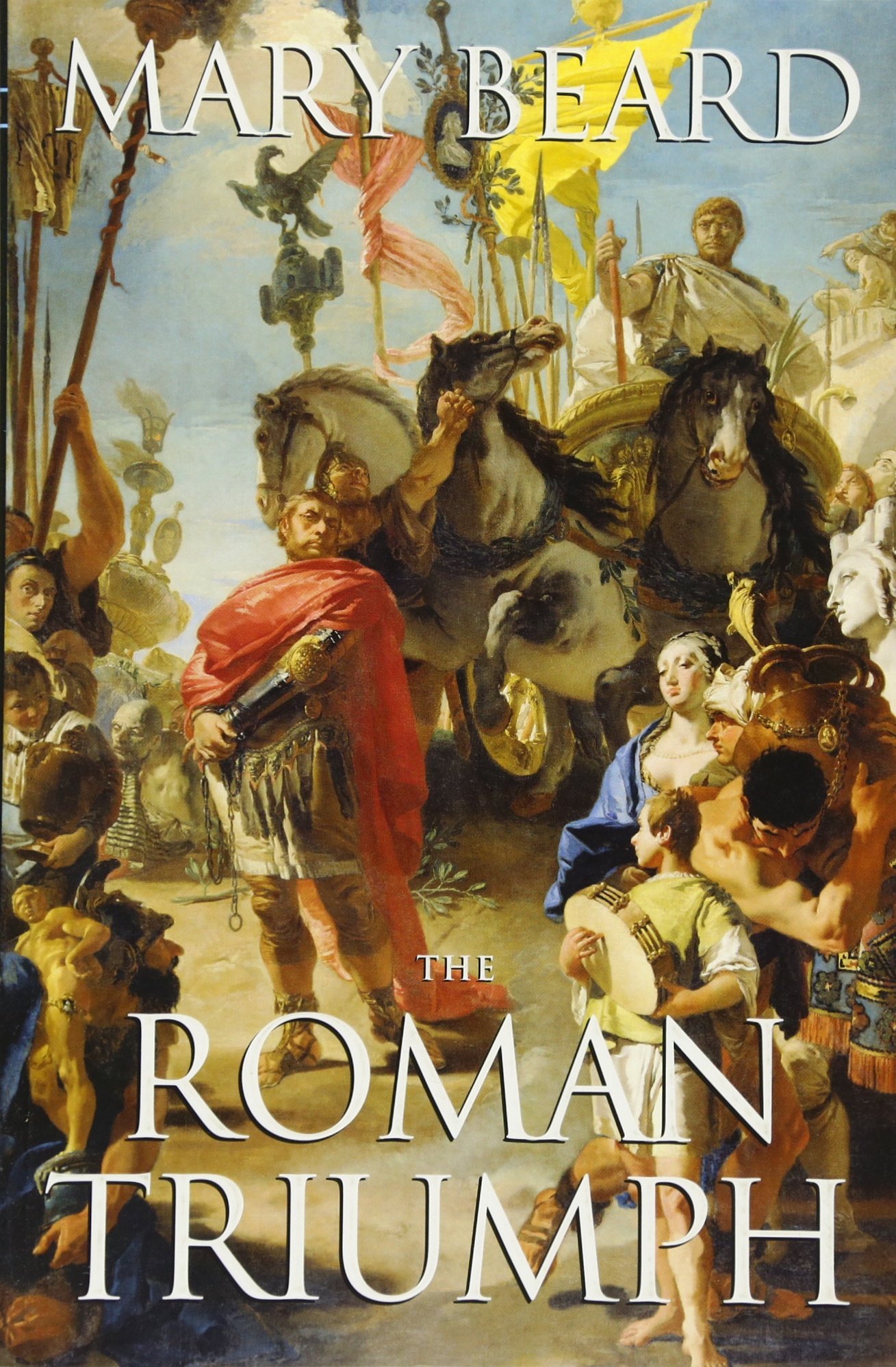
Categorii: Necatalogate
Limba: Engleza
Data publicării: 2009
Editura: Harvard University Press
Tip copertă: Paperback
Nr Pag: 448
ISBN: 9780674032187
Dimensiuni: l: 15.6cm | H: 23.5cm | 3cm | 502g

A reexamination of the most extraordinary of ancient ceremonies, this book explores the magnificence of the Roman Triumph-but also its darker side, as it prompted the Romans to question as well as celebrate military glory. This work is a testament to the profound importance of the triumph in Roman culture-and for monarchs and generals ever since.
It followed every major military victory in ancient Rome: the successful general drove through the streets to the temple of Jupiter on the Capitoline Hill; behind him streamed his raucous soldiers; in front were his most glamorous prisoners, as well as the booty he'd captured, from enemy ships and precious statues to plants and animals from the conquered territory. Occasionally there was so much on display that the show lasted two or three days.
A radical reexamination of this most extraordinary of ancient ceremonies, this book explores the magnificence of the Roman triumph, but also its darker side. What did it mean when the axle broke under Julius Caesar's chariot? Or when Pompey's elephants got stuck trying to squeeze through an arch? Or when exotic or pathetic prisoners stole the general's show? And what are the implications of the Roman triumph, as a celebration of imperialism and military might, for questions about military power and "victory" in our own day? The triumph, Mary Beard contends, prompted the Romans to question as well as celebrate military glory.
Her richly illustrated work is a testament to the profound importance of the triumph in Roman culture-and for monarchs, dynasts and generals ever since. But how can we re-create the ceremony as it was celebrated in Rome? How can we piece together its elusive traces in art and literature? Beard addresses these questions, opening a window on the intriguing process of sifting through and making sense of what constitutes "history."